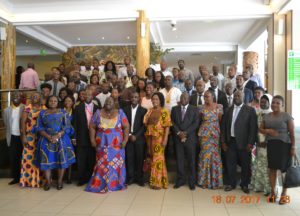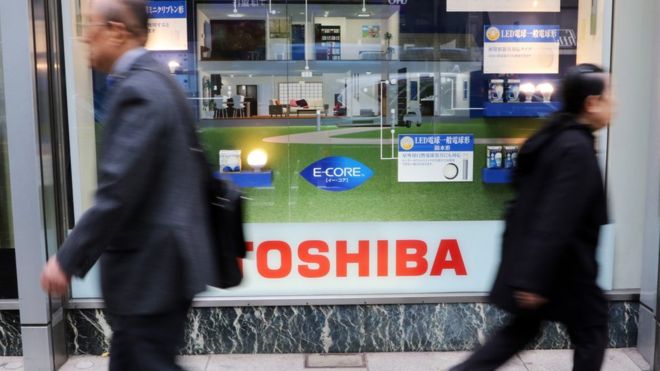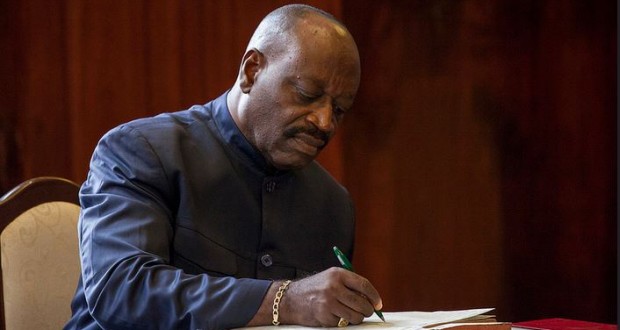
Country Director for non-governmental organization, SEND-Ghana, George Osei-Bimpeh is expressing concern about what he says is the ‘lip service’ government institutions are paying to social protection programmes.
According to him, the implementation of key social protection programs has been characterized by poor budget planning and execution which he believes are inconsistent with the commitment of reducing poverty and inequality in Ghana.
“Funds disbursement to support social protection programs are irregular, unpredictable and inadequate.
Collaboration and coordination are weak among key Ministries, Departments, Agencies and other policy makers responsible for social intervention programs,” he explained.
Mr. Osei Bimpeh also expressed concern about the limited number of people benefiting from government social intervention programmes in the country. He cited the Livelihood Empowerment Against Poverty (LEAP) programme as one good intervention which unfortunately reaches only one out of eight qualified poor households.
Mr. Osei Bimpeh also expressed concern about the increasing inequality gap in the country, noting since the 1990s, Ghana has seen the inequality gap spiral out of control. Citing a report by the United Nations International Children’s Fund (UNICEF), he noted the situation of general poverty in the country is still high, especially in rural areas and some regions.
He said the highest level of inequality is in the Upper West region and it represents the largest increase since the 1990s. He added the gap between the poorest 10% and the richest 10% of the population has been increasing since 2006 with wealthiest consuming 6.8 times than poorest 10%.
Mr. Osei Bimpeh was speaking at a workshop in Accra organized by SEND Ghana in collaboration with the UNICEF, OXFAM, Ghana Anti-Corruption Coalition (GACC), West Africa Civil Society Institute (WACSI), Christian Aid, SOS Children Villages, Ghana Integrity Initiative and Action Aid on the theme: “Financing Social Protection to Reduce Inequality.’’
“The workshop is aimed at coming out with clear policy options and recommendations to influence government policy choices in the 2018 budget. In the short term and medium to long term, civil society’s aim is to come out with strategies that will enable government mobilize resources and use same to fight inequality and poverty aggressively” he explained.
The Country Director indicated that civil societies are ready to partner government in helping develop the country.
“We see it as responsibility to move away from our spectating stance to becoming active citizens, we will demand prudent use of any public resource allocated for addressing inequality,” he said.
Minister of Gender, Children and Social Protection Otiko Afisah Djaba charged stakeholders and donor partners to keep supporting government in financing social inequality projects to reduce poverty in the country.
She believes the protection of the rights of the vulnerable is a collective responsibility and called on all Ghanaians to play a role in that. She applauded development partners especially SEND- Ghana for their support and commitment to securing inclusion for the vulnerable and alleviating poverty in the country.
Also present at the workshop were representatives from the Centre for Budget Advocacy Ghana, Ministry of Finance and Parliamentary Select committee on Poverty Reduction.





